One of the largest burial mounds from the Roman Imperial period in the region of Thrace, and the only one in Greece where wheeled vehicles were found so well-preserved, will be transformed into a new, accessible archaeological site, 20 years after its discovery.
This is the burial mound of Mikri Doxipara-Zoni in Evros, unearthed by archaeologist Diamantis Triantafyllou, revealing human and animal remains, chariots, and precious grave goods.
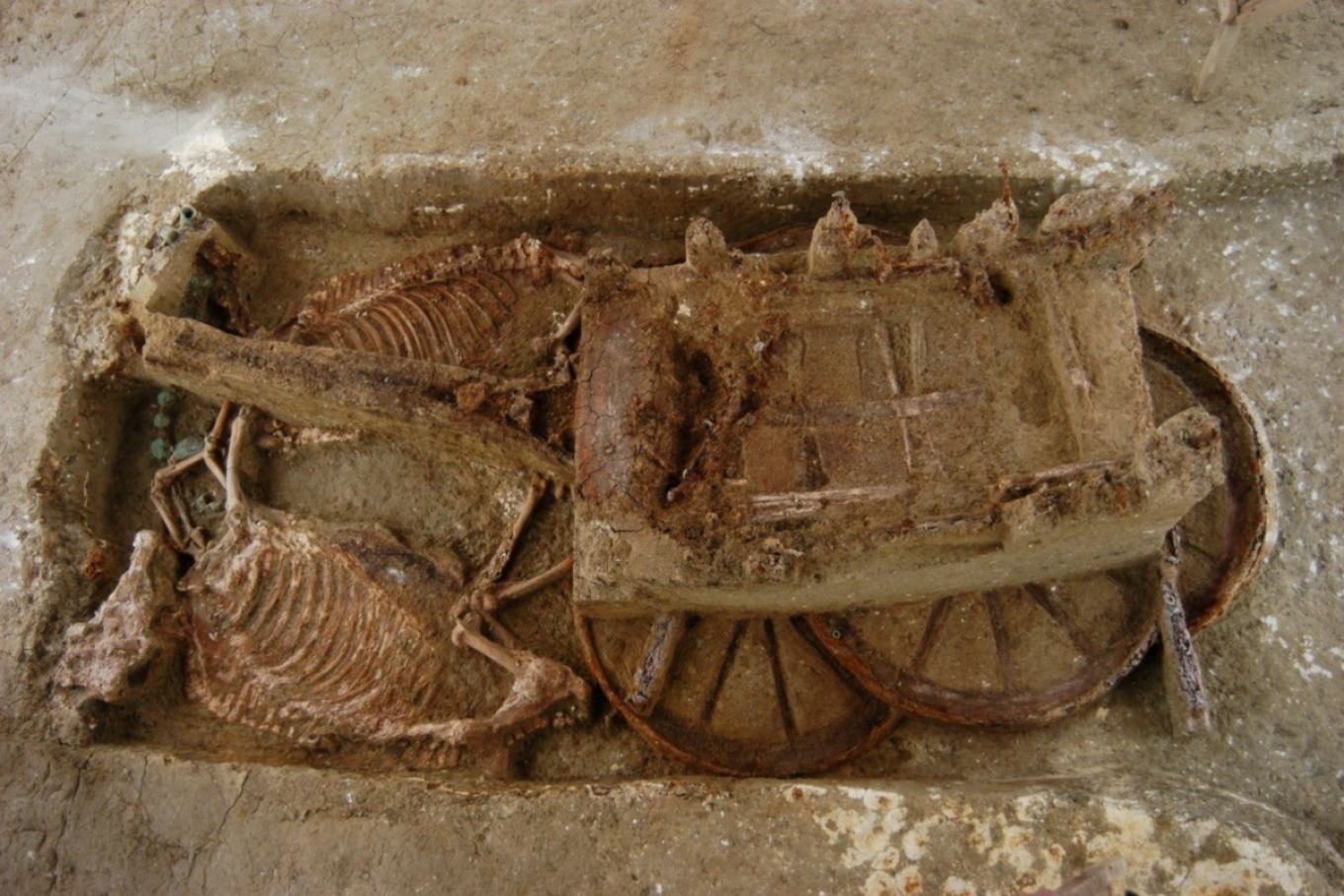
During the two-year excavation, remains of three men and one woman were discovered inside the mound, along with the bones of 15 horses, five chariots with their harnesses, and many accompanying burial offerings made of copper, iron, glass, and clay.
Among these are 19 intact bronze vessels, the largest collection of such vessels found in Greece, and two bronze surgical toolkits, considered the best-preserved from the Roman Imperial era worldwide. The findings indicate the mound belonged to a wealthy local family, with the burials taking place gradually from the early to mid-2nd century AD.
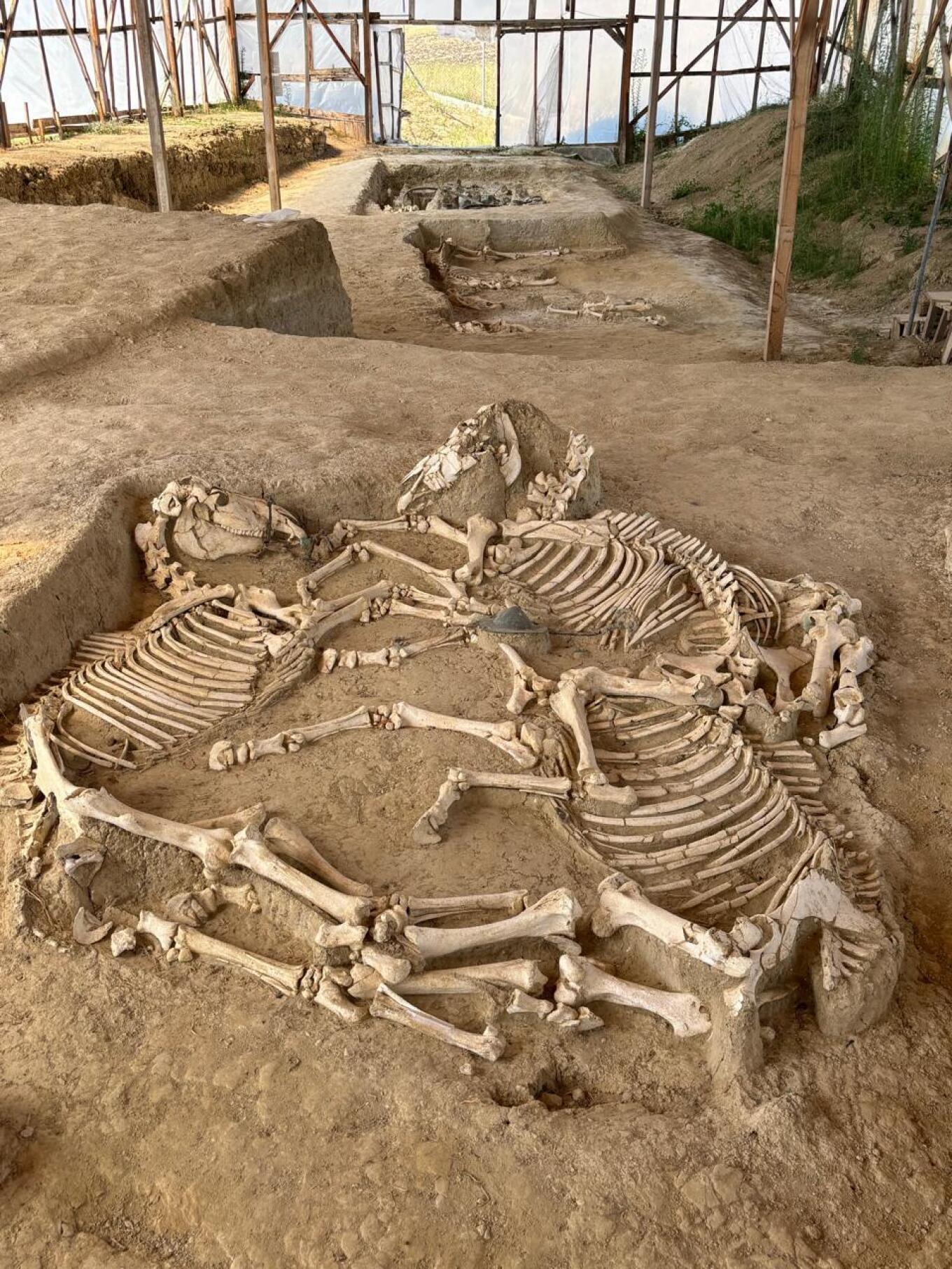
The monument, of significant archaeological and historical value, is now being preserved and prepared for public display. The Ministry of Culture aims to create a new, accessible archaeological site, which will serve as an important developmental resource for Evros and Thrace.
According to Culture Minister Lina Mendoni, “Since 2020, after years of delays, we have advanced conservation and restoration works on the findings and the tomb’s geometry, as well as protection and enhancement of the burial monuments. A museological study has been completed and approved, and we are moving forward with the necessary processes.”
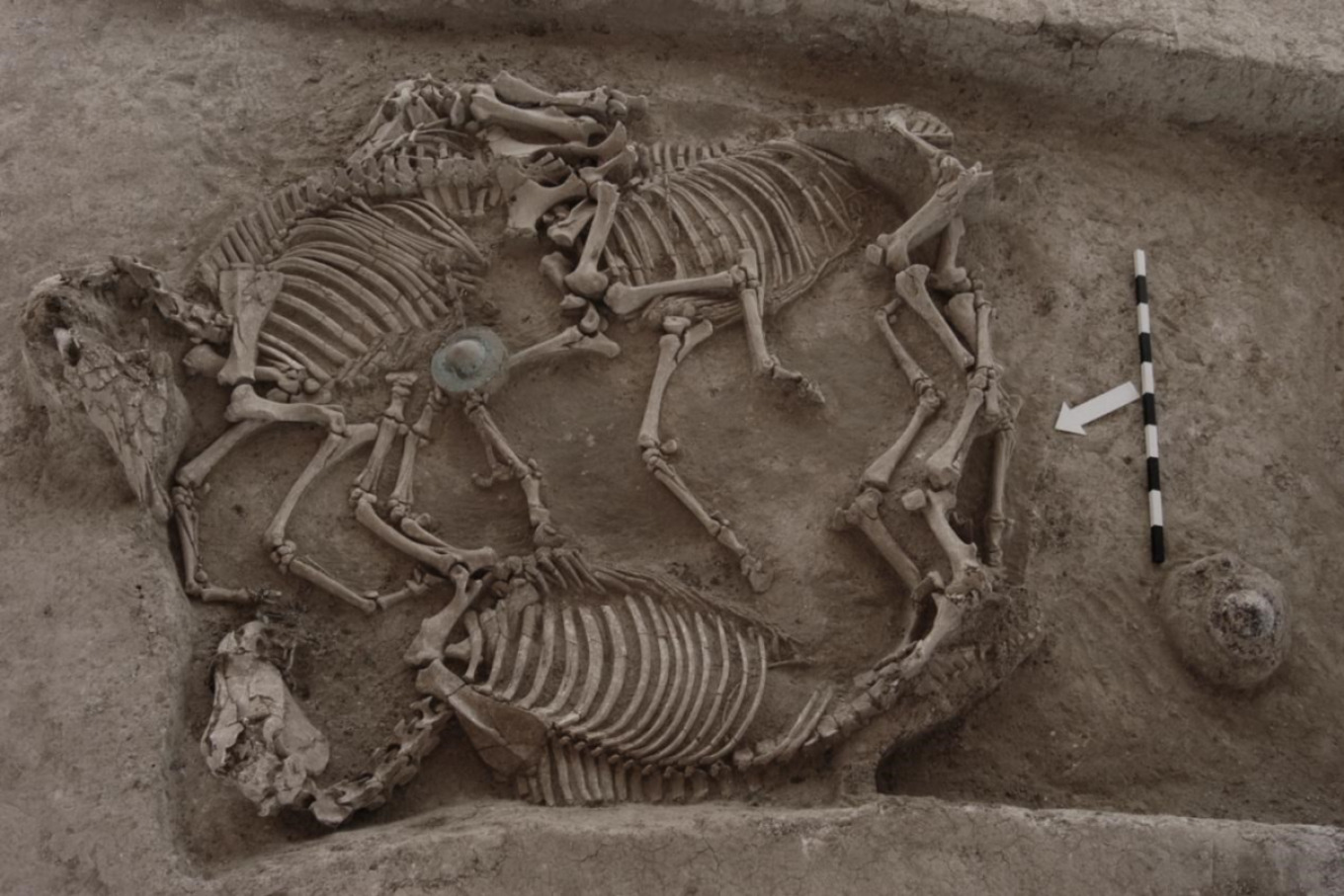
As part of the site’s protection, a museum structure will be built to safeguard the monument while enhancing the visitor experience.
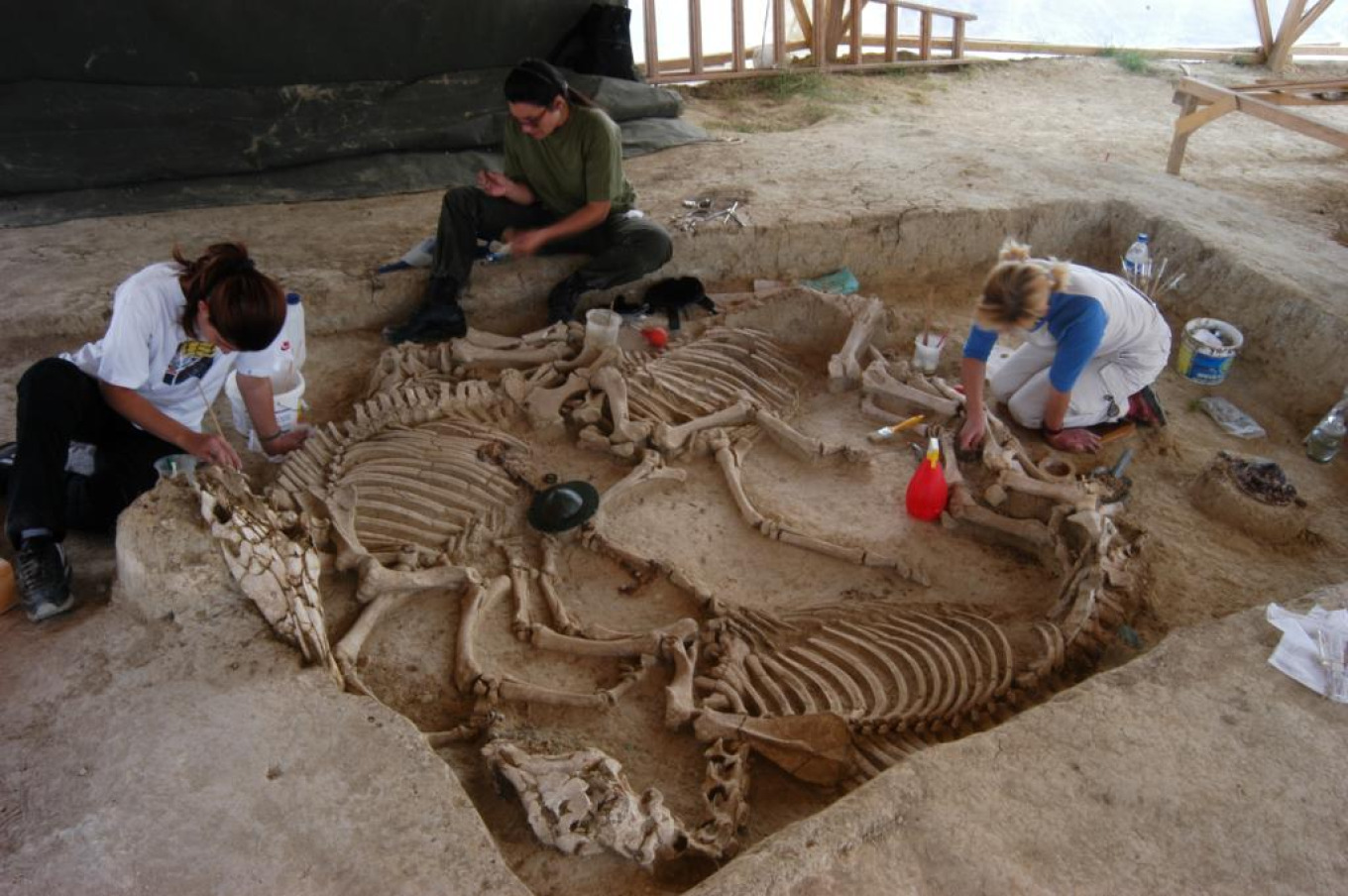
Regarding the exhibition layout within the tumulus, it will follow a chronological and circular arrangement. Visitors will be able to explore the unified archaeological space through 18 individual stops, tracing the gradual cremations of the deceased and horses, along with the chariots, which will be displayed in their original locations. The burial offerings and other movable findings will be showcased in display cases.
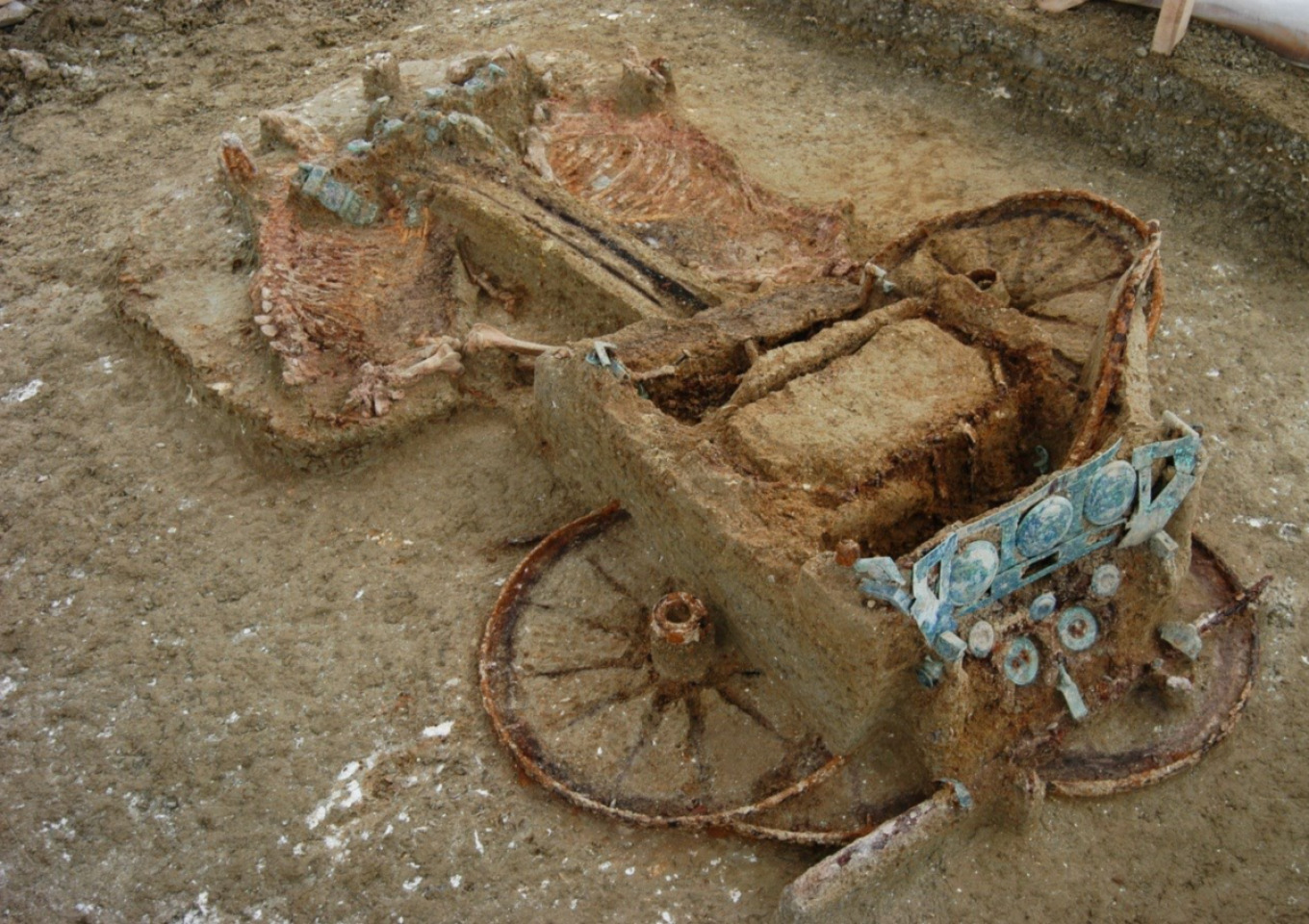
Ask me anything
Explore related questions





